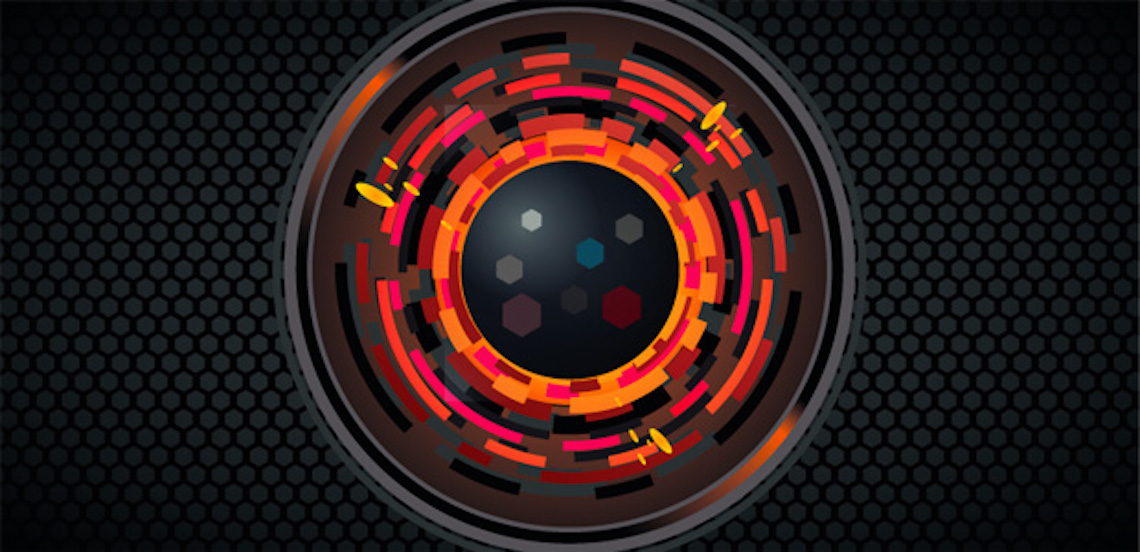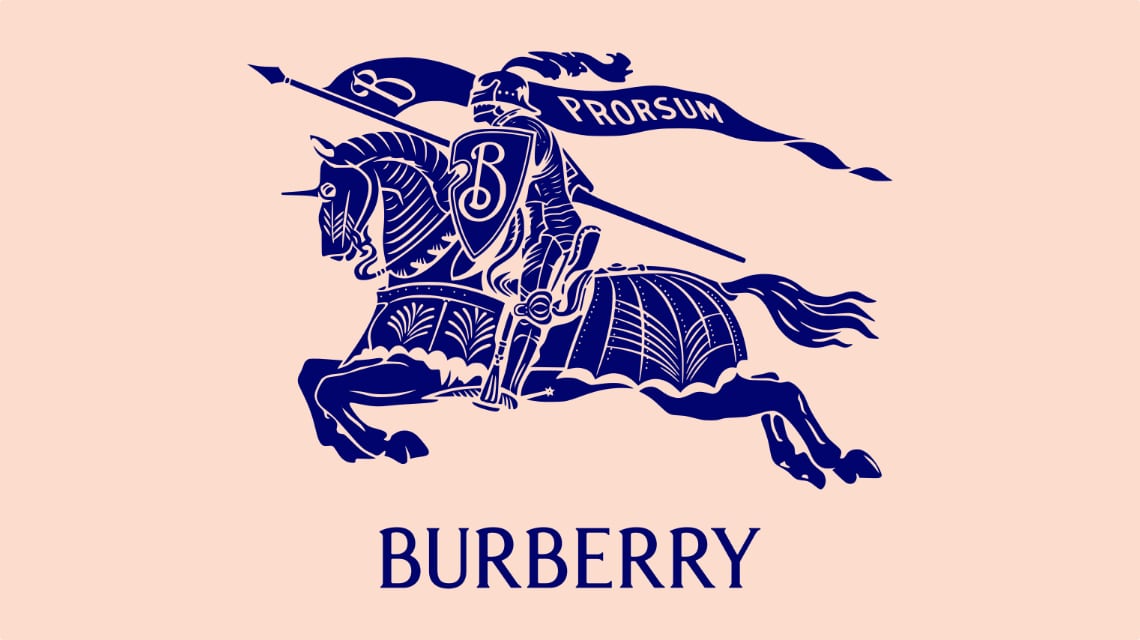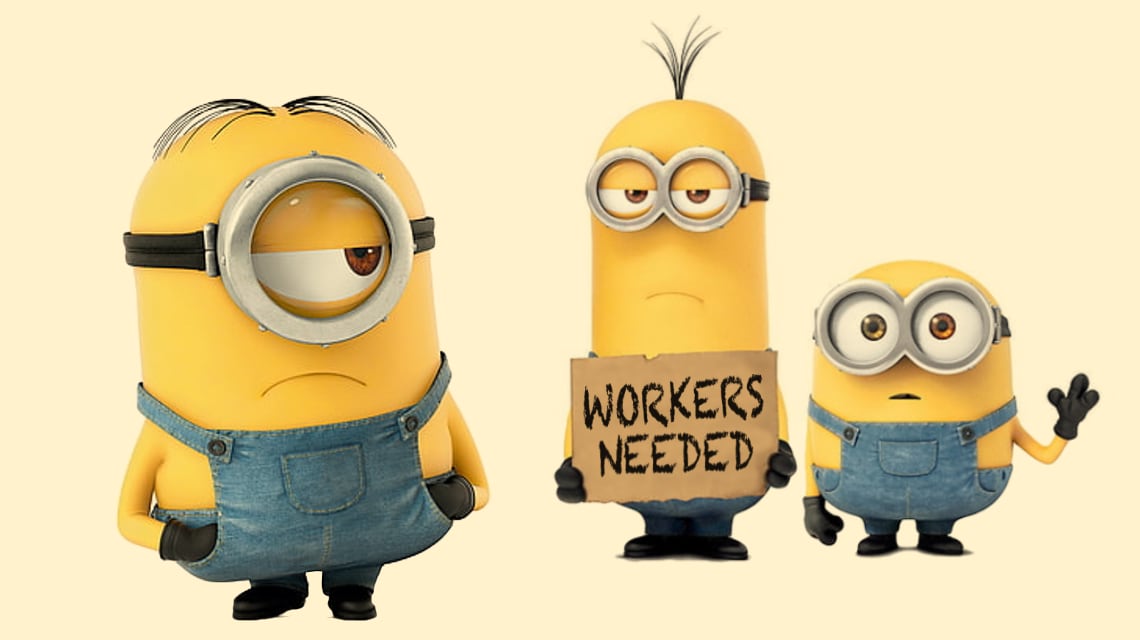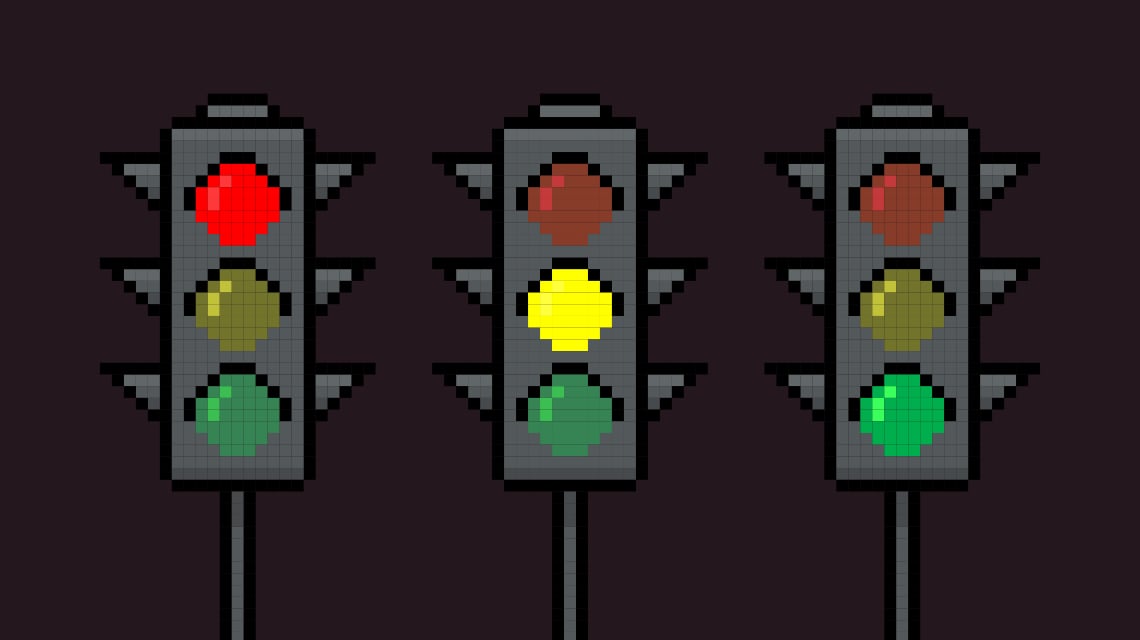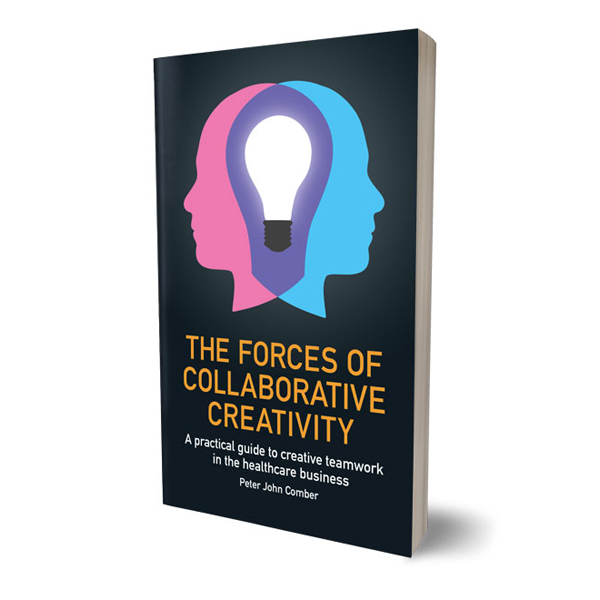That which can’t be taught but can be learnt.
What can be done today to ensure teams are prepared for the healthcare company workplace of the future?
The multiple functions, within pharmaceutical companies, that are responsible for some aspect of a brand are increasingly leanly staffed and budgeted, consequently, they are often overwhelmed. One casualty of this is cross-functional alignment and collaboration. Another is learning. The skills and knowledge that got a job done yesterday are not all relevant today and the skills required in the near future will be even more different. The Economist Intelligence Unit recently conducted a survey* of middle management executives asking them about their expectations for future skills-development and their views toward professional training and education. The question, “Which of the following skills do you believe will be most important over the next 5 years?” saw 71% of respondents select “Creative and problem-solving skills” for an answer.
Beyond this survey, there is a broad consensus that creative thinking and problem solving will be vital skills in the workplace of the future. This is partly driven by the notion that this ability will be what sets human workers apart from AI (that will rapidly assume the drudgier aspects of work). It is also likely that creative thinking humans will be required to effectively integrate and co-exist with ever-evolving but severely limited AI - it’s worth remembering that AI may excel at a specific task, but in terms of agile collaboration, it is far less effective than even the worst performing employee of the worst performing pharmaceutical company. The amusing story of Lotbot, IDEO’s parking management AI, gives some indication of the unpredictable nature of human-AI interaction .
Another aspect of the evolution of work is flexibility. Much has already changed in this regard but the future will likely hold yet more flexible hours, locations, teams and co-workers. In the survey mentioned previously, the respondents had a clear preference for two of the five choices: 74% were “very” or “extremely” interested in working flexible hours and 71% were “very” or “extremely interested” in working remotely. This flexibility is increasingly enabled by technology and responds to the dual needs of cost-efficiency and the pursuit of improved work-life balance.
Now consider the convergence of these factors; organisational complexity and regulatory constraints; flexible working arrangements; the inclusion of multiple idiot savants (AI) in the workforce. It has the makings of a perfect storm, compounded by the fact that the “Creative and problem-solving skills” needed to manage this confluence can’t be taught by rote memorisation or traditional study methods. Actually, as the Economist report suggests, it would be better to call these factors “qualities”, rather than “skills”. Furthermore, a fundamental requirement of creativity and problem solving is empathy. The ability to acquire the understanding of other’s needs, abilities, means, motivations and emotions is the starting point for all applied creativity.
Co-creation - collaborative creativity - is a process that can increase the creative qualities of participants while also actively producing solutions to a given business problem. Importantly, for businesses, it focuses not on individual creativity but on organisational creativity. The ability of a team to tackle problems is an indicator of their ability to generate value over time. Unfortunately, teams that aren’t creative don’t become creative overnight, it can’t be taught in a classroom or resolved in yet another meeting or telco. But their aptitude can steadily improve through non-theoretical, hands-on, immersive and ongoing experience in tackling problems creatively together. Multiple exercises, specifically devised for the scope and environment, help teams to analyse situations empathically and solve specific problems together - by doing so they develop their confidence and ability to collaborate creatively. The ability to make leaps, not steps, in thinking is what distinguishes humans from AI. The ability to make those leaps collectively is the difference between a vulnerable team and a consistently successful, future-proof team.
* Learning to work, working to learn. Attitudes towards training, education and flexibility. ©2018 The Economist Intelligence Unit, sponsored by Microsoft Philanthropies Asia.
